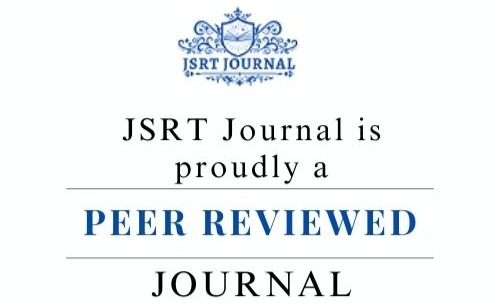Privacy -Preserving And Truthful Detection Of Packet Dropping Attacks In Wireless Ad-Hoc Networks
DOI:
https://doi.org/10.61808/jsrt244Keywords:
Network simulator 2, OTCL, HLAAbstract
Two factors may cause packet loss in a multi-hop wireless ad hoc network: malicious packet dropping, link errors. In
this module, we're watching a series of packet losses occur in the network and trying to figure out whether the losses
are due to malicious drops mixed with link failures or just link issues alone. We are especially interested in the
insider-attack scenario, in which a few hostile nodes on the route trash critical packets by knowing the
communication context. The packet losing rate is identical to the channel error rate, hence conventional packet loss
rate detection methods cannot be accurate in this case. We recommend using lost packet correlations to improve
detection accuracy. Additionally, in order to guarantee accurate computation of these correlations, we provide a
public auditing architecture based on homomorphic linear authenticators (HLAs) that enables the detector to
confirm the accuracy of the packet loss data that nodes report. This design has minimal communication and storage
overheads, protects privacy, and is resistant to collusion. A packet-block-based technique is also presented to lessen
the computation overhead of the baseline approach, allowing one to exchange computation complexity reduction for
detection accuracy. Through comprehensive simulations, we show that the suggested methods improve detection
accuracy compared to traditional approaches like maximum-likelihood based detection.











